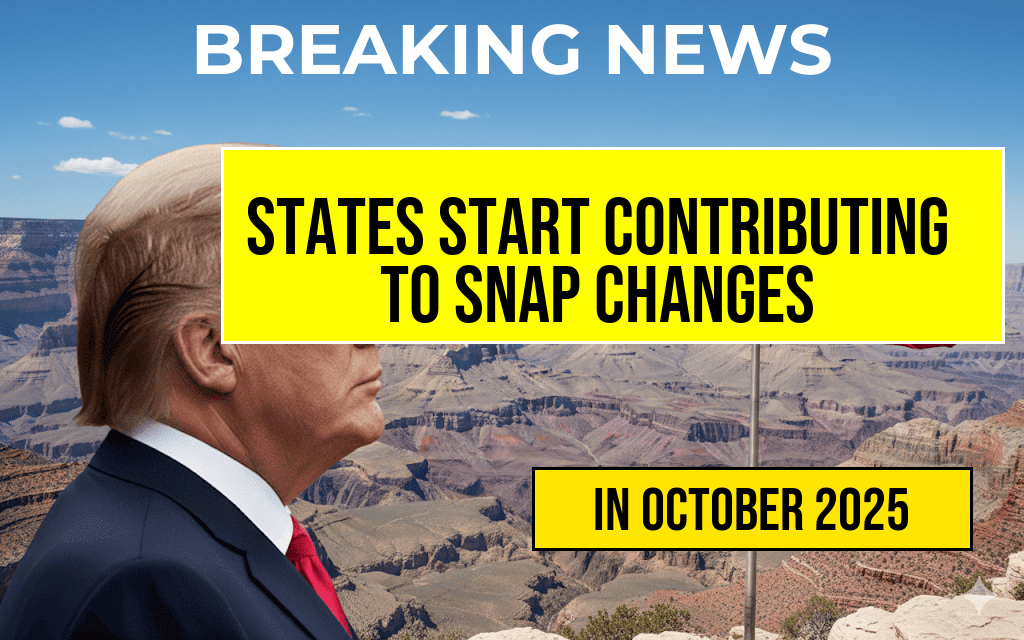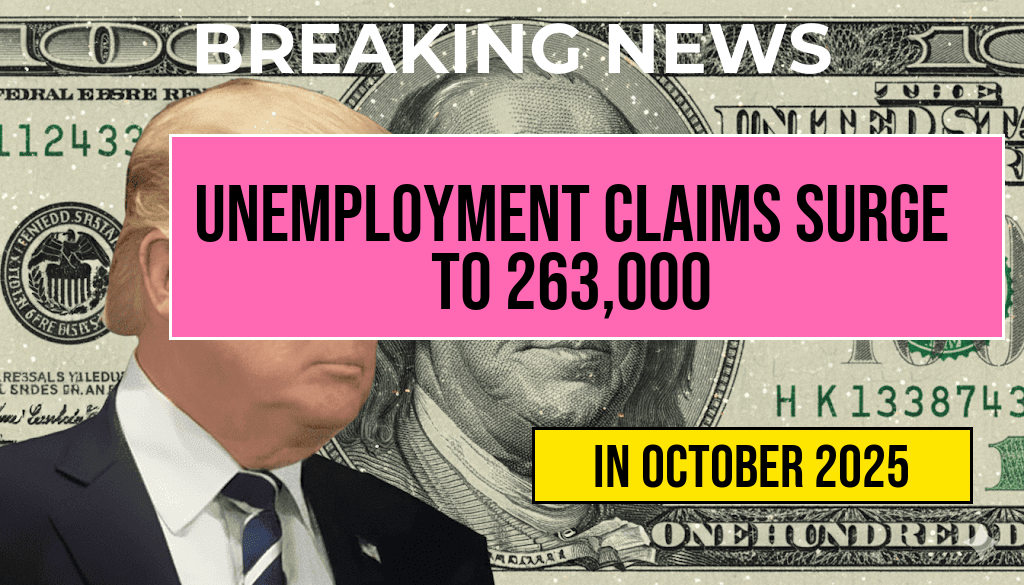In a significant move that is reshaping the landscape of the banking industry, several major banks have announced they will raise their minimum wage to $25 an hour. This decision, driven by the need to attract and retain talent amid a competitive job market, places additional pressure on smaller financial institutions and regional banks to reconsider their own wage structures. As the demand for skilled labor intensifies, particularly in the wake of the COVID-19 pandemic, these large banks are setting a new benchmark for employee compensation, which could lead to widespread changes across the sector.
Impact on the Banking Sector
The decision to raise the minimum wage is expected to have far-reaching implications. Major banks such as JPMorgan Chase, Bank of America, and Citigroup have taken the lead in this initiative, citing the importance of providing a living wage to support their workforce. The increase comes at a time when many employees are seeking better pay and benefits, pushing employers to adapt to the evolving demands of the labor market.
Reasons Behind the Wage Increase
- Labor Shortages: Many industries are facing significant labor shortages, and the banking sector is no exception. By raising wages, banks aim to attract talent from a shrinking pool of qualified candidates.
- Employee Retention: High turnover rates can be costly for companies. Increasing wages may help banks retain their employees, reducing recruitment and training costs.
- Economic Recovery: As the economy rebounds, banks are looking to invest in their workforce to improve service quality and operational efficiency.
Competitive Pressures on Smaller Banks
The increase in minimum wage among big banks is likely to pressure smaller and regional banks to follow suit. Many of these institutions operate with tighter profit margins and may struggle to match the higher wages without sacrificing their financial stability. This situation creates a challenging environment where smaller banks must find innovative ways to remain competitive, whether through enhanced benefits, flexible work arrangements, or unique employee incentives.
Potential Outcomes
As larger banks implement these wage increases, several outcomes could emerge:
- Wage Inflation: A ripple effect may occur across the financial sector, leading to wage inflation as smaller banks are compelled to raise salaries to attract talent.
- Job Market Dynamics: Increased wages can lead to more job seekers entering the banking industry, potentially improving the overall quality of service as more skilled professionals join the workforce.
- Policy Changes: The trend could influence public policy discussions around minimum wage laws, pushing for a broader reconsideration of wage standards in various industries.
Broader Economic Implications
Experts believe that the wage increase among major banks could have broader economic implications beyond the financial sector. Higher wages can lead to increased consumer spending, which in turn can stimulate economic growth. Additionally, as more employees earn a living wage, the potential reduction in reliance on government assistance programs could positively impact public finances.
Comparative Analysis
| Bank | Current Minimum Wage | Effective Date |
|---|---|---|
| JPMorgan Chase | $25/hour | April 2023 |
| Bank of America | $25/hour | March 2023 |
| Citi | $25/hour | May 2023 |
| Regional Bank X | $18/hour | Ongoing |
Conclusion
The decision by major banks to raise their minimum wage to $25 an hour marks a pivotal moment in the financial industry, reflecting changing labor market dynamics and employee expectations. As larger institutions lead the way, smaller banks face significant pressure to adapt, potentially reshaping the entire sector. Stakeholders will be watching closely to see how these changes affect not only banking employees but also the broader economy in the coming months.
For more information on wage trends and labor market analysis, visit Forbes or Wikipedia.
Frequently Asked Questions
What is the new minimum wage set by big banks?
The new minimum wage announced by several big banks is now $25 an hour.
Why are big banks raising their minimum wage?
Big banks are raising their minimum wage to remain competitive and attract talent in a tight labor market, as well as to address inflation and rising living costs.
How does this wage increase affect smaller banks?
The wage increase puts pressure on smaller banks and financial institutions to follow suit in order to retain their employees and remain competitive.
When will the new minimum wage take effect?
The increase to $25 an hour is expected to take effect in the coming months, although specific dates may vary by institution.
What impact might this wage increase have on the banking industry?
This minimum wage increase could lead to a shift in the banking industry, with potential changes in salary structures, employee retention rates, and overall workforce dynamics.











